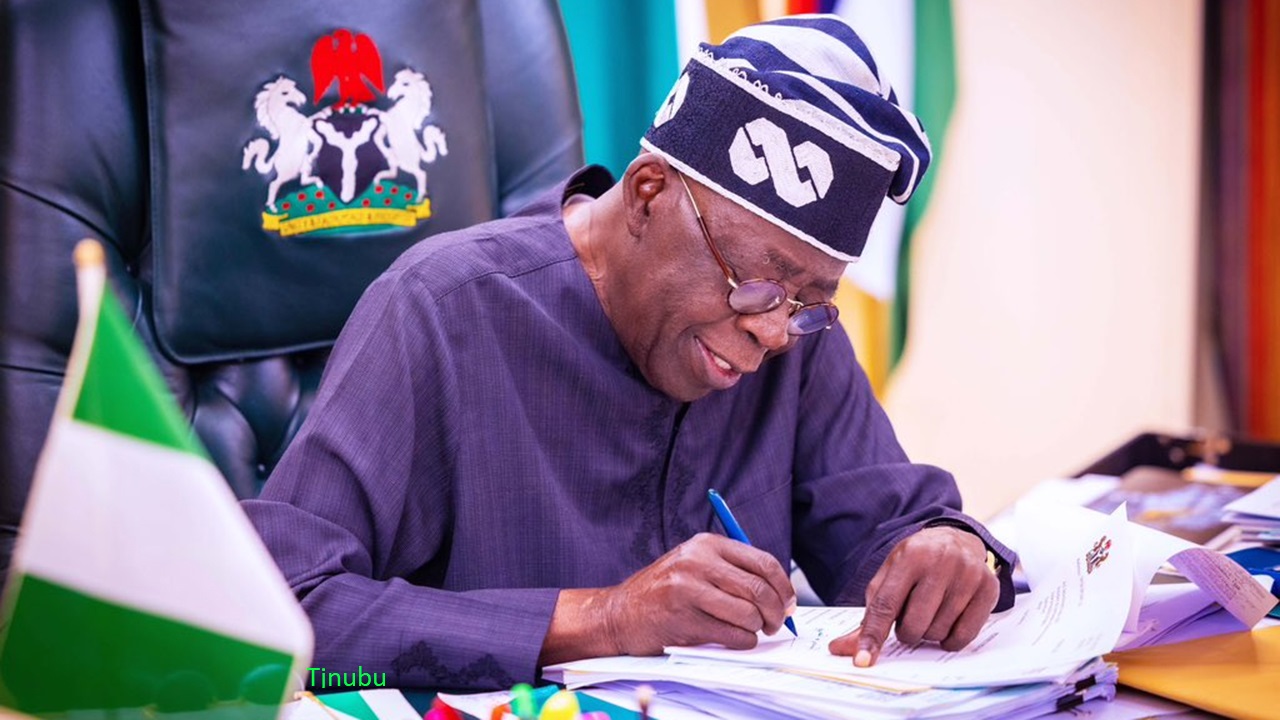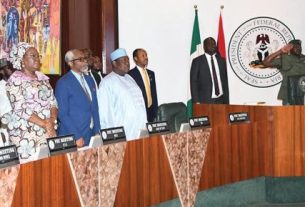• Senate seeks extension of 2024 budget implementation to December 31
• Contractors rue unpaid outstanding, compounding bank loan interest
• Banks wary of funding public sector activities
• Crisis fuelled by muddled budget cycles
Midway into the year and three months after the 2025 budget was passed into law, implementation of the fiscal document may have been stalled, raising questions about the government’s commitment to pull the economy out of the woods.
At different levels of public sector administration, poor funding and outright non-release of funds have grounded the execution of critical projects that are expected to breathe life into the ailing economy, The Guardian has learnt.
The government spokesmen said the budget is being implemented as planned. But sources close to the government say otherwise, arguing that commitment to delivering on critical promises is constrained by poor financial commitment while unpaid contractors have faced a brick wall.
The contractors, some of whom are close to the corridor of power, have taken to social media to vent their frustrations, complaining of a slowdown in governance and poor attention to critical matters.
Austerity is not the name, but its variants are sweeping across federal ministries, departments and agencies (MDAs), leaving in their wakes unfulfilled obligations, severe spending cuts, deferred project executions, arrears of staff benefits and allowance as well as general lethargy.
The situation is compounded by muddled fiscal space with the 2024 budget implementation running side-by-side with the ambitious 2025 spending plan and could continue till December.
Within the government hierarchy, the poor performance of the 2024 budget, the rationale for extending its implementation till the end of the month, are said to have become a major concern, creating a rift in some circles.
Some lawmakers are seeking a second extension that would stretch it lifespan till the end of the year and build on the novel fiscal culture that started two years ago.
The capital component of the 2023 budget was similarly carried over till the end of last year, running alongside the 2024 consolidated appropriation.
The 2023 MDA capital budget achieved 64 per cent performance at N3.25 trillion. It was, however, 71.4 per cent higher than the 2022 expenditure outlay.
Last year’s budget implementation report (BIR) is still not ready, at least, not in the public space. Understandably, it is still being implemented. Yet, stakeholders are worried that the performance of the capital component could be the poorest in recent history.
The half-year interim report showed that the MDAs’ total capital expenditure as of the end of June was N1.3 trillion or 23 per cent of the prorated N5.6 trillion earmarked for the period.
Including grants, multi-lateral-tied and government-owned enterprise-executed projects, the Federal Government’s total capital expenditure for the first half of last year was N2.4 trillion – translating to a budget performance of 17.4 per cent, which is the poorest the government would record in memory.
Observers baulk at the government’s ability to remarkably turn the tide even with the six-month extension and a possible renewal. Last December, the National Assembly, because of the poor performance and the mismatch with the recurrent component, which had crossed 100 per cent performance halfway into the year, extended the utilisation of the appropriation to the end of this month.
Sources said the capital vote performance, at best, would rise to 30 per cent by the time the implementation phase is closed. In real terms, discounting the figure for official graft, project duplications and other public spending malpractices, the performance ratio may drop far below 20 per cent.
Even at its abysmally low spending, there are reports that several contractors with certificates of project completion have been owed for upward of one year or more, with many who had to ‘settle’ politicians upfront battling to prevent banks from confiscating their assets.
On the books of banks, debts incurred to fund government contracts are going red, raising concerns about the health of such financial institutions.
A source said yesterday, that a contractor, who had incurred upward of N5 billion short-term credit, to execute a job, had to restructure the loan twice and is still unable to fulfil his obligation.
Following the rising default of public sector-related loans, banks are said to be increasingly wary of writing fresh loans just as the contractors are demanding more from the government to commit funds to awarded projects.
Amidst rising tension, some lawmakers are kicking, saying the Federal Government’s lackadaisical attitude to leveraging budget funding to reduce the infrastructure gap, which Moody’s Investor Service estimated at $3 trillion yearly consistent spending across three decades, cannot continue.
“Unless we take it very seriously with the Ministry of Finance, this parliament will become an embarrassment itself. Even those who have funds to commit to projects will be very unwilling to commit their money to these projects because they fear they will not be paid,” the Senate Minority Leader, Abba Moro, said yesterday in an outburst on the floor of the Senate.
The Senate leadership, at the end of the heated session, blocked a motion that sought to investigate the failure of the Federal Government to implement the capital component of last year’s budget as its first extension comes to an end.
Chairman of the Senate Committee on Appropriations, Olamilekan Adeola, introduced the 2024 Appropriation Act (Amendment) Bill 2025 seeking to extend the capital component of the budget, for the second time, to December 31.
Adeola said the extension was necessary to enable MDAs to fully utilise released funds. His fear was that some critical projects were at risk of being abandoned.
The call for extension was followed by a sudden push for an investigation into what many lawmakers have described as failed implementation. While governance loses momentum, the country is embroiled in intense partisan politics with both the ruling party and the opposition parties failing at securing a bipartisan voice on the ranging conflict in Benue and other parts of the country as well as the failing economy.
Whereas the opposition is to assemble individuals seen as losers to the current administration power-sharing arrangement, the ruling political is on a roadshow to recruit more members and expand its reach.
Godwin Owoh, a professor of applied economics, admitted politics has trumped governance and economic management with the country leadership “bowing to praise singers”.
“The centre now directs the states to join the choristers, and that is where the country is,” he said, adding that the non-payment of contractors could be part of the scheme to bend the majority of the elite ahead of 2027.
He added: “The feelers say that huge sums are usually paid upfront preceding each award.” For Dr Chiwuike Uba, another economist, the crisis in budget implementation could be connected with multiple budgets being executed at the same time.
The Guardian





